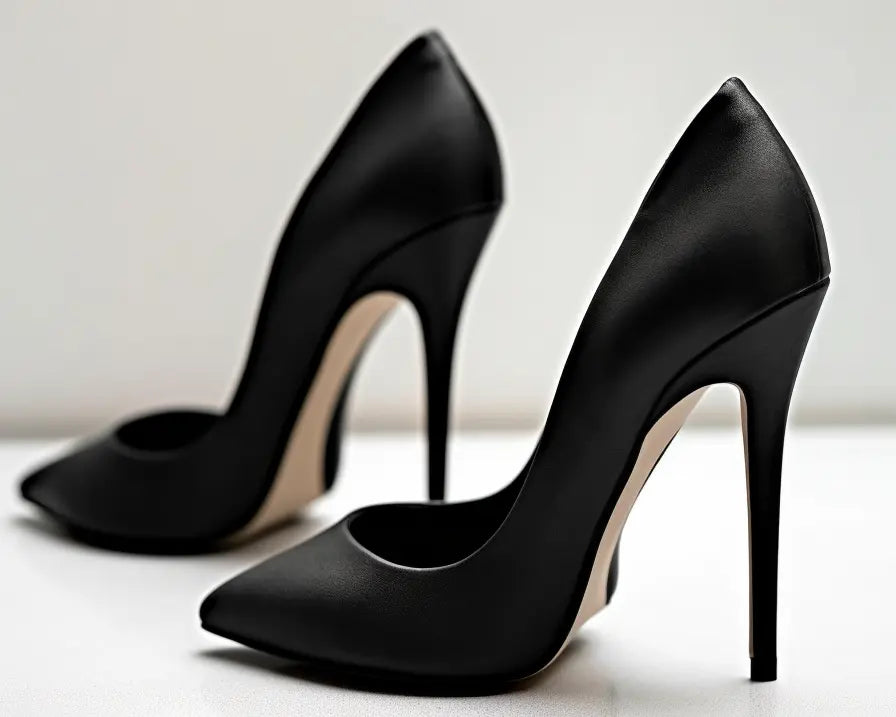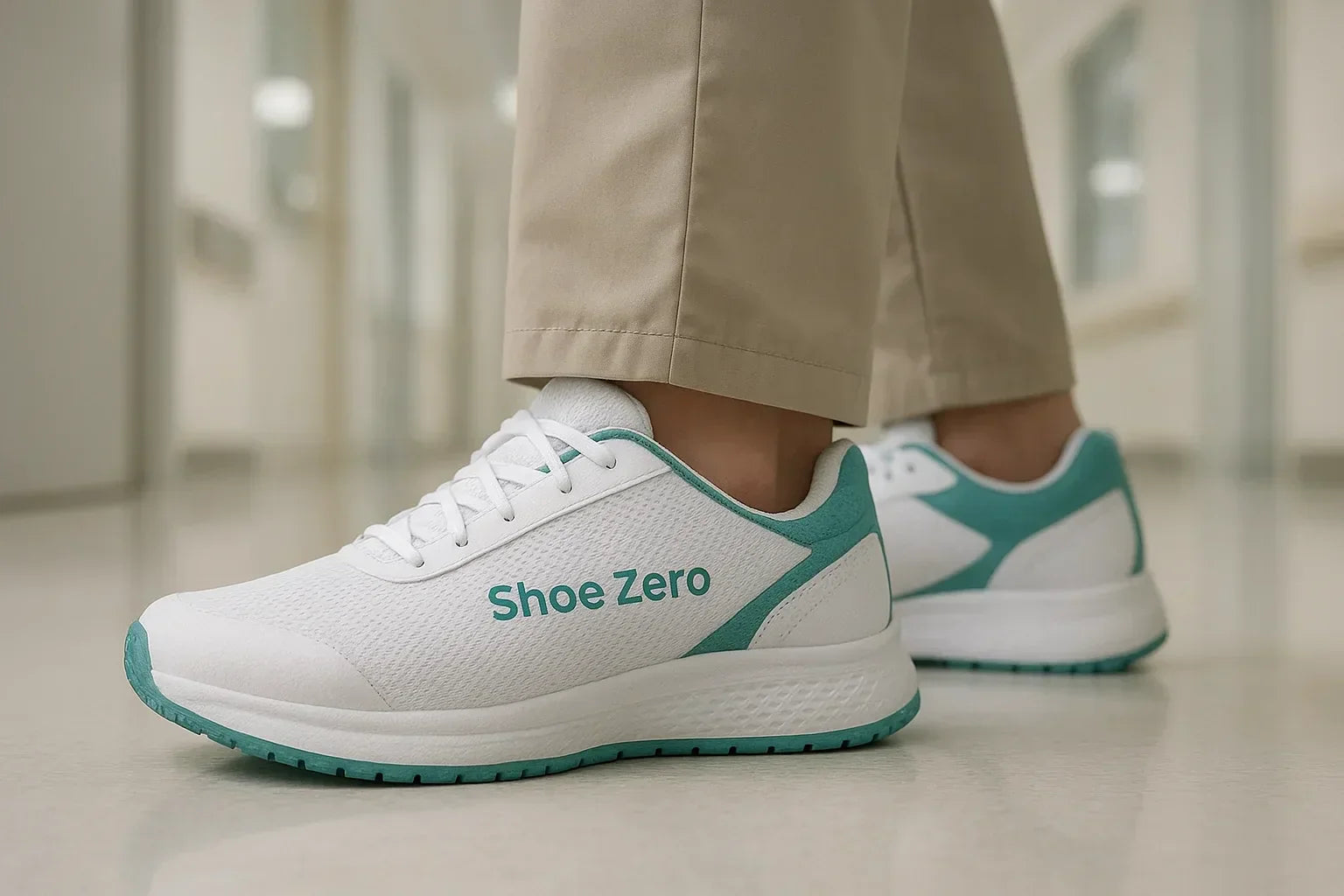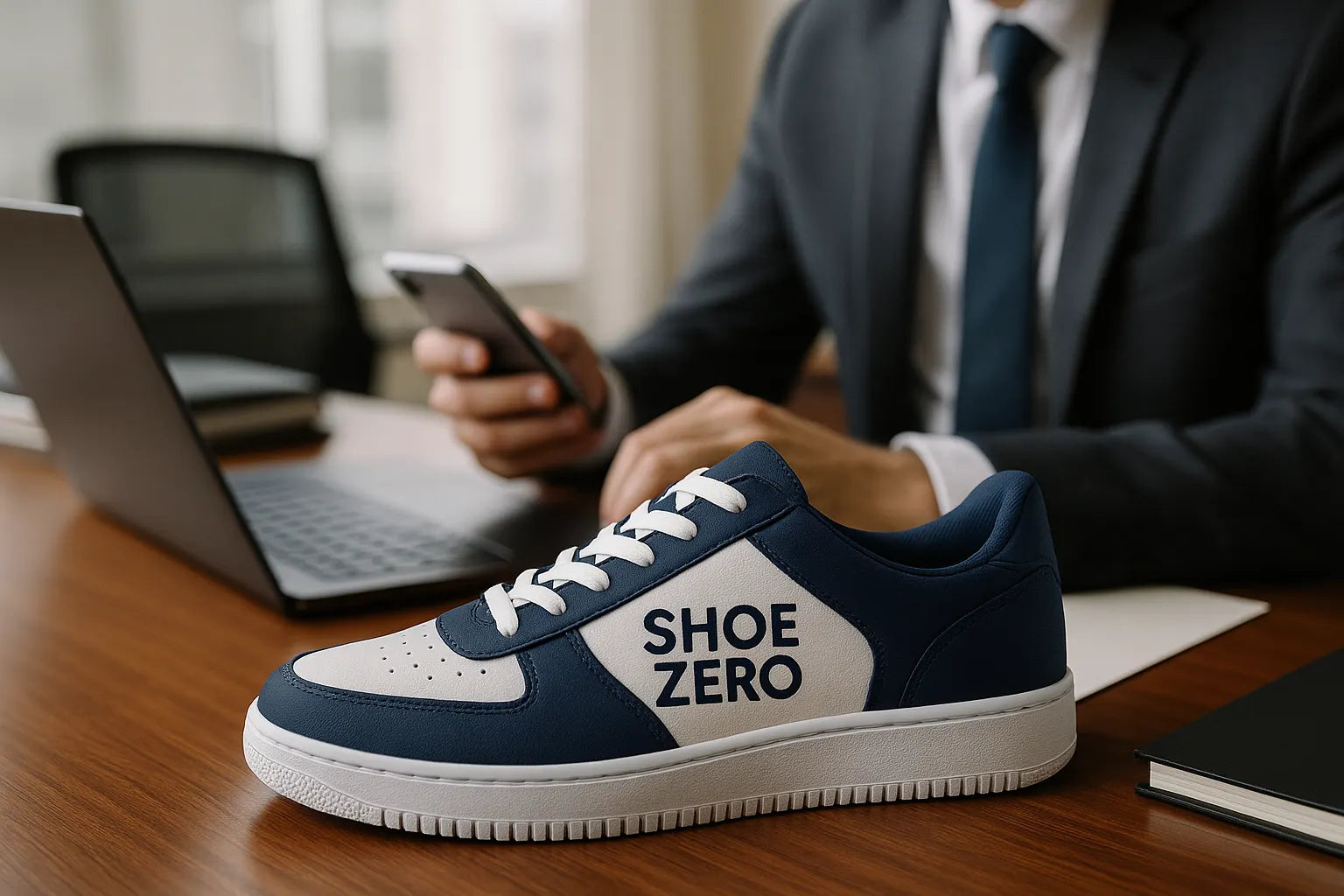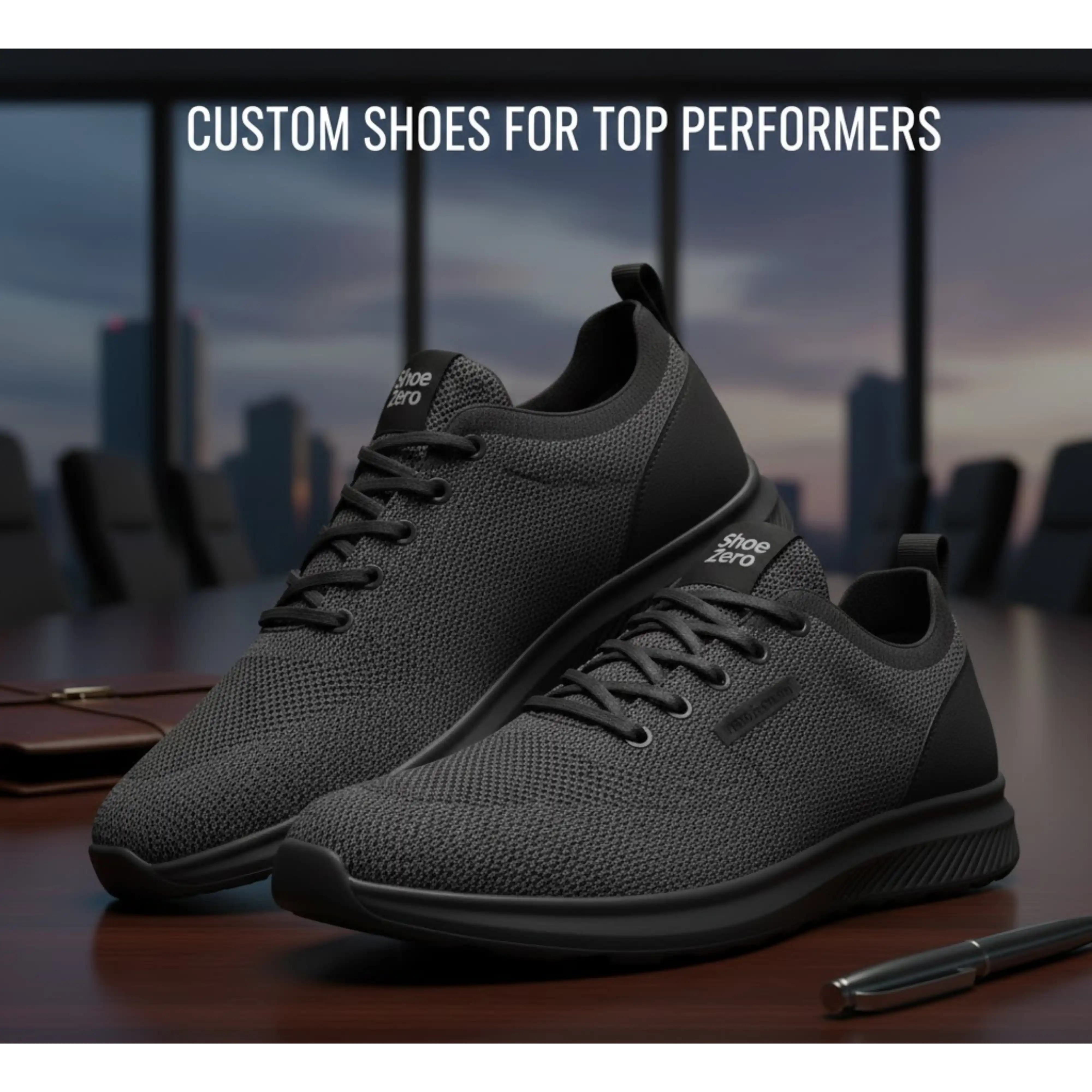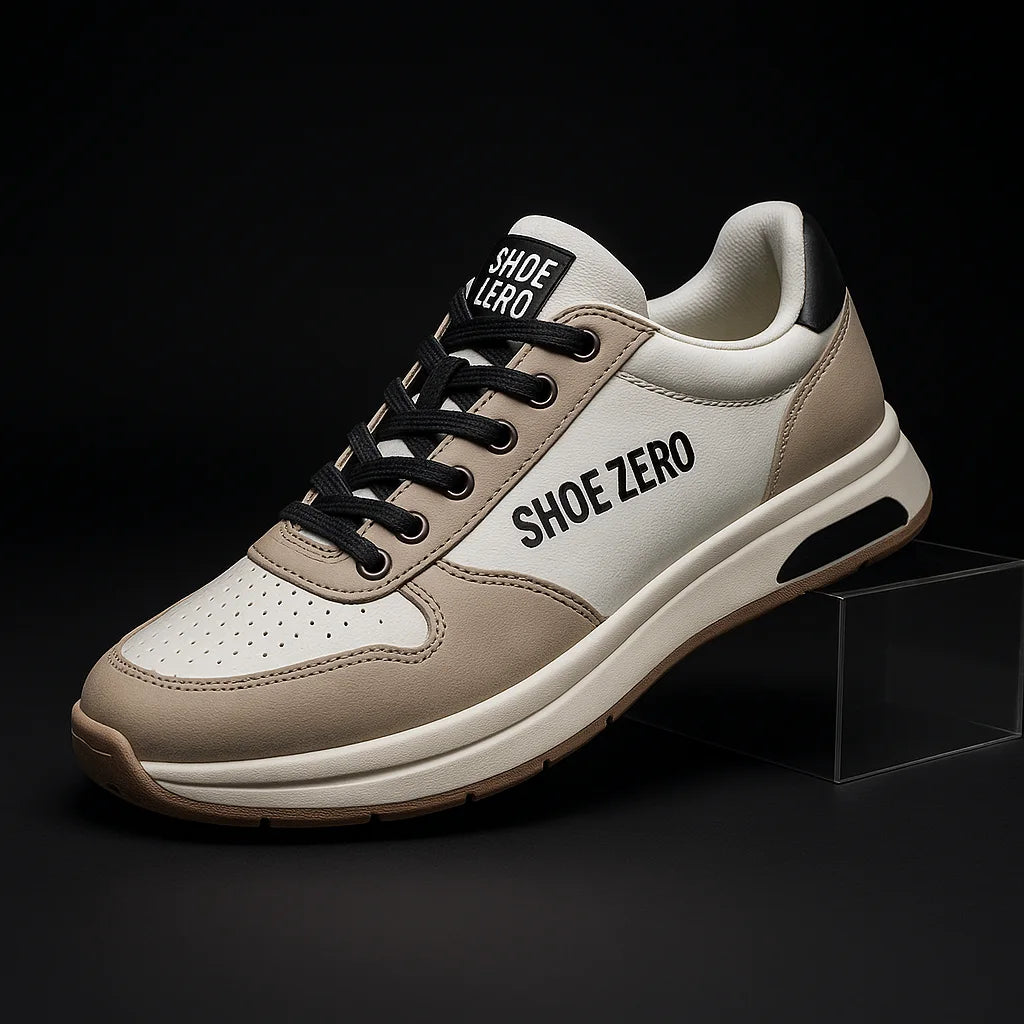Whether you're preparing for a special event or adding a touch of sophistication to your everyday attire, wearing heels can undoubtedly enhance your appearance and elevate your fashion. However, the initial discomfort that often accompanies new heels can be a real hindrance to enjoying the elegance they offer. But fear not! In this comprehensive guide, we'll walk you through the art of breaking in your heels, ensuring a pain-free experience, and allowing you to strut your stuff with confidence. From understanding why your heels might feel uncomfortable to proven methods for quickly breaking them in, we've got you covered. Let's dive right in!
Why Are My Heels Uncomfortable?
Have you ever wondered why those beautiful new heels can feel more like instruments of torture? Well, the answer lies in the nature of the materials used and their interaction with your feet. New shoes tend to be stiff, lacking the flexibility that comes with wear. Additionally, the shape of the shoes might not align perfectly with your feet, causing pressure points and friction. Understanding these factors is the first step toward making your heels more comfortable.
Why Break in Heels?
Breaking in heels is essential to ensuring a comfortable and pain-free experience while wearing them. New shoes can often cause discomfort, blisters, and even injury if not properly broken in. There are several reasons why breaking in heels is necessary:
| Reason | Explanation |
|---|---|
| Material | New shoes are often made from stiff materials that require time to soften and mold to the shape of your foot. |
| Fit | The fit of new shoes may not be perfect, and breaking them in allows for the shoes to adjust to the unique shape of your foot. |
| Discomfort | New shoes can often cause discomfort and blisters, and breaking them in gradually can help minimize these issues. |
Not breaking in heels can lead to a painful and uncomfortable experience, so taking the time to do so is crucial for pain-free elegance.

Tips on How to Break In New Heels
Breaking in heels doesn't have to be a painful ordeal. Here are some tried-and-true methods that can help you achieve that coveted comfort:
1. Gently Bend and Twist
One effective technique to reduce stiffness is to gently bend and twist your heels. This helps to soften the material and increase flexibility. Hold the heel with one hand while gently bending and twisting it with the other. Repeat this process several times until you feel the material giving way slightly.
2. Use a Hairdryer
A hairdryer isn't just for your hair! Using low heat, direct the warm air onto the areas that feel tight or uncomfortable. This can help soften the material and make it more pliable. Remember to keep the hairdryer at a safe distance to prevent overheating or damage to the shoes.
3. Ice Bag Method
One unconventional yet effective method involves using ice to stretch your heels. Place a sealed bag of water inside each shoe, ensuring it's properly sealed to prevent leaks. Then, put the shoes in the freezer. As the water freezes and expands, it will gently stretch the material. Just be cautious not to overdo it, as excessive stretching can cause damage.
4. Wear Thick Socks
Sometimes, the simplest solutions are the most effective. Wearing thick socks and putting on your new heels can help stretch them out. Use a hairdryer to warm up the areas that feel tight while you're wearing the socks and shoes to accelerate the stretching process.
5. Invest in Shoe Stretchers
Shoe stretchers are specially designed tools that can help expand the width and length of your shoes. Insert the shoe stretchers into your heels and gradually adjust them to apply gentle pressure. Leave them in for a few hours or overnight, and you'll notice a significant improvement in comfort.
Breaking in Different Types of Heels
Breaking in different types of heels requires different techniques. Here are some tips on how to break in stilettos, wedges, and platform heels:
Stilettos
Stilettos can be particularly challenging to break in due to the narrow heels and pointy toe boxes. A good tip is to start with a lower heel height and work your way up to higher heels. Wear the stilettos for short periods and gradually increase the duration.
| Tip | Technique |
|---|---|
| Stretch tight areas | Use a shoe stretcher or freeze them with bags of water inside the shoes |
| Add cushioning | Use gel inserts or padded insoles |
Wedges
Wedges can be more comfortable than stilettos due to the wider base, but they still require breaking in. Start by wearing them for short periods of time and gradually increasing the duration. Walking on a flat surface before transitioning to stairs can also help.
| Tip | Technique |
|---|---|
| Stretch tight areas | Use a shoe stretcher or wear thick socks |
| Add support | Use arch supports |
Platform Heels
Platform heels can be more comfortable than stilettos due to the added height in the front, but they still require breaking in. Start by wearing them for short periods of time and gradually increasing the duration. Walking on a carpeted surface can also help.
| Tip | Technique |
|---|---|
| Stretch tight areas | Use a shoe stretcher or warm towel to soften the material |
| Add cushioning | Use gel inserts or padded insoles |
Breaking in heels may take some time and effort, but it's worth it to have pain-free elegance. By following these tips, you can make any type of heels comfortable to wear for extended periods of time.

How Long Does It Take to Break In New Shoes?
The time it takes to break in new shoes, including heels, can vary based on factors such as the material, your foot shape, and how frequently you wear them. It's best to start slowly and wear them for short periods at first. Generally, however, it can take anywhere from a few days to a couple of weeks to fully break in heels. Consistent use of the methods mentioned above can speed up this process.
How to Keep Heels Comfortable After Breaking In
Congratulations, you've successfully broken in your heels! Now, how do you ensure that they remain comfortable as you continue to wear them? Here are some tips to help you maintain that pain-free elegance:
1. Cushioning Insoles
Invest in high-quality cushioning insoles designed for heels. These inserts provide extra padding and support, reducing the pressure on your feet and making your heels even more comfortable.
2. Toe Tape
To prevent your feet from sliding forward and causing discomfort, use toe tape to secure your toes in place. This can prevent friction and blisters, especially during extended periods of wear.
3. Heel Grips
Heel grips are small adhesive pads that can be placed at the back of your shoes to prevent them from slipping off your feet. They enhance the fit of your heels, reducing friction and discomfort.
4. Use a Blow Dryer for Fit Adjustments
If your heels start to feel tight again, gently heat them with a blow dryer while wearing thick socks. The heat from the blow dryer will help soften the material slightly, allowing it to mold better to your foot shape for improved comfort
5. Regular Maintenance
Check your heels for signs of wear and tear. Replace worn-out heel caps and repair any damage promptly. This not only ensures comfort but also prolongs the life of your favorite heels.
6. Alternate Your Footwear
Avoid wearing heels for extended periods every day. Alternate between different types of footwear to give your feet a break. This prevents strain and discomfort from excessive heel use.
Walking and Posture Techniques
While breaking in heels can make them more comfortable, it’s also important to use proper walking techniques and posture to minimize pain and strain on the feet and legs. Here are some tips to help you maintain balance and distribute weight evenly:
- Take smaller steps than you would in flats to maintain balance.
- Place the heel down first, followed by the ball of the foot and toes.
- Shift your weight onto the ball of the foot as you step forward.
- Engage your core muscles to maintain proper posture and avoid leaning forward.
- Avoid locking your knees when standing or walking in heels to reduce potential pressure on you joint.
- Use handrails or other support when walking up or down stairs to avoid straining the ankles.
Remember, it may take some practice to get used to walking in heels, so start slowly and gradually increase the amount of time you spend on your feet. With these tips, you can confidently break in your new heels and enjoy pain-free elegance.
__________________________________________________
Key Takeaways
Learning how to break in heels doesn’t have to be stressful. By focusing on the factors that cause discomfort and using proven methods to soften and stretch your shoes, you can transform stiff heels into a comfortable fit. Patience and consistency are the real secrets, small steps each time lead to pain-free elegance. With the tips from this guide, you’ll be able to confidently step out in your favorite pair of high heels, turning heads while feeling fabulous all day long.
And remember, your style doesn’t stop at heels. At Shoe Zero, you can create footwear that’s as unique and comfortable as you are. Whether it’s designing your own custom shoes, showing off on the court with custom basketball shoes, keeping it casual with custom low tops or custom high tops, or stepping out in durable custom boots, we’ve got options for every style. Prefer something breezy? Explore our custom sandals, keep your kids stylish with custom kids shoes, and complete your look with our full range of custom merch.
Don’t just settle for breaking in heels, design footwear that’s truly made for you.
FAQs (Frequently Asked Questions)
1. Can I speed up the break-in process?
Absolutely! Using methods like gently bending, using a hairdryer, and the ice bag method can expedite the process.
2. Are there any risks to using the ice bag method?
While the ice bag method can be effective, excessive stretching can damage the shoes. Use caution and monitor the process closely.
3. How do I know if my heels are the right size?
Your heels should fit snugly but not painfully. Make sure there's enough room for your toes and that your heels don't slip out while walking.
4. Can I use a stretching spray instead of the ice bag method?
Yes, stretching sprays can also help soften and stretch the material. Follow the product instructions for the best results.
5. Is it normal for my heels to still feel a bit uncomfortable after breaking them in?
Yes, some discomfort is normal, especially if you're not accustomed to wearing heels. However, persistent pain might indicate an improper fit or other issues.


